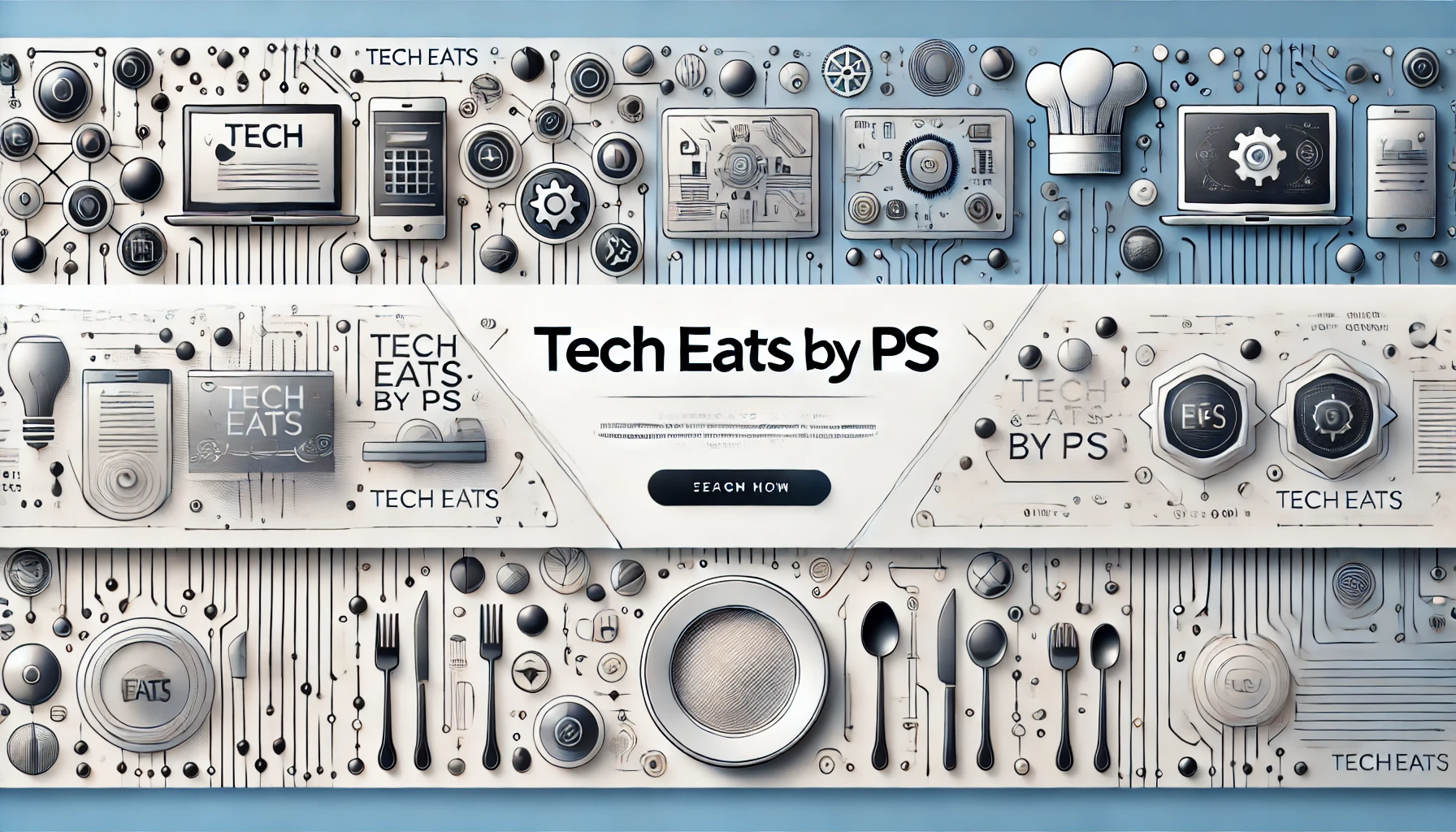Food waste is one of the world’s most pressing — and often overlooked — challenges. Every year, nearly 1.3 billion tonnes of food is wasted globally, while millions go hungry. But there’s a shift happening. Thanks to cutting-edge innovations, technology is turning the tide on food waste — from farms to households, from restaurants to retail shelves.

Smart Supply Chains Are Getting Smarter
Modern supply chains are leveraging IoT (Internet of Things) sensors to track temperature, humidity, and freshness during transportation. This reduces spoilage, especially in perishable items like dairy or fruits. Blockchain technology is also making it easier to trace food origins and improve accountability, helping businesses reduce losses from contamination or mislabeling.
AI Is Predicting Demand with Precision
Overproduction is a key driver of waste. Now, restaurants, supermarkets, and even farmers are using AI algorithms to analyse past data and predict future demand. This reduces over-ordering and helps plan menus or stocking levels more efficiently, ensuring less food ends up in the bin.
Apps Are Rescuing Leftovers at Scale
The rise of food-saving platforms is empowering both businesses and individuals. Apps like Too Good To Go, Olio, and India’s Feeding India are connecting surplus meals with people in need or those willing to buy at discounted prices. This not only prevents waste but also creates a sense of shared responsibility.
Smart Kitchens Reduce Household Waste
At home, waste often starts in the fridge. Smart kitchen appliances are stepping in to help. From fridges that remind you of expiry dates, to apps that suggest recipes based on what’s left in your pantry, tech is making it easier to use what you have before it goes bad. Some homes and restaurants even use AI-powered scales, like Winnow, to track discarded food and adjust purchasing habits.
Innovations in Packaging Extend Shelf Life
Biodegradable and smart packaging are gaining traction. Imagine labels that change color as food ages, or vacuum-sealed wraps that significantly extend freshness. These innovations help reduce guesswork and increase food longevity, especially in retail environments.
Upcycling Turns Waste Into Value
Several start-ups are turning food waste into completely new products — think banana peel chips, beetroot burgers, or even coffee grounds-based beauty products. In the circular economy, waste becomes raw material, creating new revenue streams and reducing environmental impact.
Conclusion: A Future Without Food Waste Is Possible
Technology alone won’t solve food waste, but it’s proving to be a powerful enabler. By combining innovation with awareness, businesses and individuals can work together to create a more sustainable, less wasteful world. It’s time to embrace food tech not just for convenience, but for a better planet.
Previous Post: https://techeatsbyps.com/revolutionary-smart-ovens-of-2025-game-changing-tech-you-need-in-your-kitchen/
Previous Post: https:https://techeatsbyps.com/best-mobile-apps-every-foodie-should-have-in-2025/
